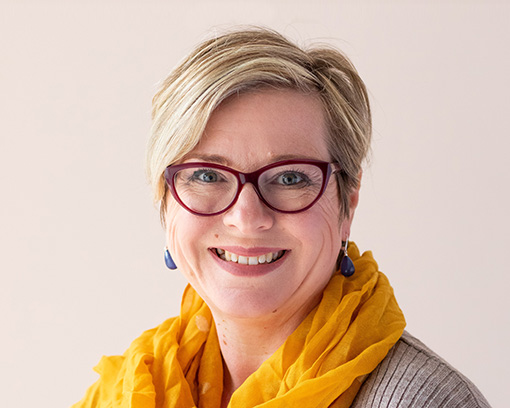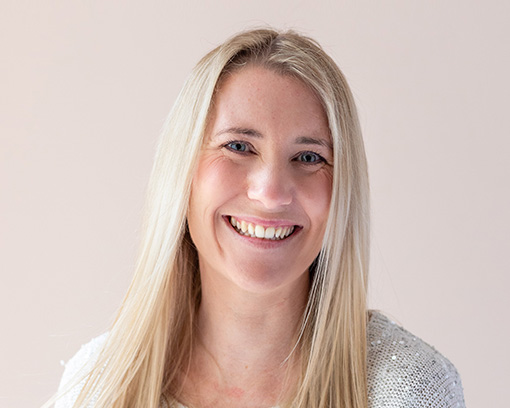The Summer Holidays are here, and the challenges can be a little different, depending upon the size of your family. Whilst those with just one child (at home) may be lamenting the missing live-in playmate, those with multiple children are perhaps drawing battle-lines and looking for a safe place to take cover.

Confession of Youth Fairy Lisa “At around the age of eleven, after being given fair warning by me that my patience was wearing thin, I did, intentionally and with full understanding of the consequences, stab my brother with a fork. In my defence, I was washing up at the time and my younger brother was in full assault, wind-up mode. Following several verbal and physical assaults upon me to illicit some reaction, this final kick was foiled by the placement of said fork between me and the offending leg. This was not clever or well thought out on my part as the screams that ensued brought my Mum into the kitchen to investigate. The said fork was evidence of my retaliation, and I was therefore found guilty and sent to my room. I am not proud of my actions and am certainly not happy with resulting sentence from my judge and jury (aka Mum). I offer this confession as a warning that navigating the summer holidays with siblings is not for the fainthearted, but I am sure you already know that!”

Confession of Youth Fairy Sian “My Mum was a primary school teacher so Summers were often spent hanging around her school, which back then was like something out of the Secret Garden. They had an array of animals including a mini forest and pond which we spent hours searching for frogs and water boatmen in. I’m pretty sure I remember coaxing my sister into the rabbit enclosure (it was massive not a tiny hutch) and blocking her in until she agreed to eat one of their droppings. Luckily for me at the time my Mum was super busy that day clearing out her classroom, so when my sister went to her to tell on me, she ended up getting told off for pestering my Mum and I got away with it! I’ve always felt very guilty – so Emily, if you’re reading this, I’m sorry!”
Both Youth Fairies navigated childhood with siblings and are also navigating parenting multiple children. So, we know the challenges of being a sibling and parenting siblings. We know they can fight and argue, we know that they can unite (especially against us), we know they can unexpectedly play beautifully and be so kind, and the next minute look like they may tear each other limb from limb. We know that we all too often find ourselves in a position of compromise and that it is really difficult to please all the children all the time.
It is ok to confess that, at times, if there was an option to have a pause button, or to put one (or more) of our children in a cryofreeze chamber so we could deal with one child/challenge/problem at a time, we might just take that option.
In lieu of this, here are some ways we can support our children this summer with their ‘sibling interactions’ and give them space to be individual too:
- We don’t always need to be a referee – There is learning (as long as there is no fork or other dangerous object involved and it’s not escalating) in letting our children find their own compromise or resolution. We can keep an eye or an ear on the situation. They might not find the solution you would come to, which may surprise you. You can then step in if it begins to escalate. If it gets physical it may be time to step in and send them to their corners.
- It can be a challenging but it helps if we remain neutral – When we are neutral and don’t blame the oldest or the ‘naughtiest’ we can be the calm mediator. It can be helpful to ask questions. What do you think would be fair? What would help you to feel happier/calmer/heard? You look/appear angry/sad, how can I help? When we mediate, we model how they might work through this next time.
- Create Space – The holidays throw our children (and us) together often with very little time to be alone. It can be helpful to create space for each of your children (and yourself) where they can retreat. Acknowledge that this is their space and create rules that mean that it gives them time out, not as punishment but where they can take a moment and know that they will be left alone. This doesn’t need to be a whole room and can be an opportunity to be creative. It can even be a corner of a room. Why not look at creating a sensory box? We use these in our therapy spaces and encourage children and parents to create their own. It can include something to snuggle with that makes them feel safe. A fidget toy, a tactile cushion, a book to read, a book to write in (encourage them to take a breath in that moment to write down something that’s been good so far in their day), something to listen to (an audiobook, music, their Youth Fairy audio relaxation), colouring or drawing materials or some sort of craft.
- Create an environment of respect – understanding that when anyone chooses to go to their space this is to be respected, depending on your child’s behaviour style they may need more or less time in this area. You can create your own corner too. A place where you get to take a breath and can recall what’s been good in your day. In creating this space you can help your children to identify what they need and give them the opportunity to manage and regulate their emotions more effectively. You can reinforce this by praising them when they recognise this is what they need, and praising the others when they too respect this choice.
- Finding resolution – Sometimes when things go too far and feelings have been hurt, boundaries have been crossed or someone is actually got hurt (no matter how many times you warned them) we may need to support our children in resolving the upset. Resolution can come from showing understanding, working together to tidy up, or finding ways to take turns. If you have worked with The Youth Fairies you will understand that sometimes our amygdala (the flight, fight, depression area of our brains), might actually hijack our entire brain leaving us unable to make a proper assessment of the situation in the moment. Our language centre shuts down and we just aren’t able to do the next right thing at that precise moment. When our amygdala is in hijack mode, we are only able to respond from the place of anxiety, depression or anger. When we give them a safe space to regain control, we give them the opportunity to process and assess, and give them time to choose their next steps. It may take a number of times of modelling and encouragement, but over time you are helping your children develop amazing tools and time to access their intellectual, calmer, more rational brain again. The place where they can be innovative, creative and respond in a more positive way.
Remember to be patient with your children as they are learning these new strategies. Conflict resolution is a very advanced skillset, (you may even know an adult who struggles in this department)! Consistency and providing a safe place to implement these new strategies is key.
